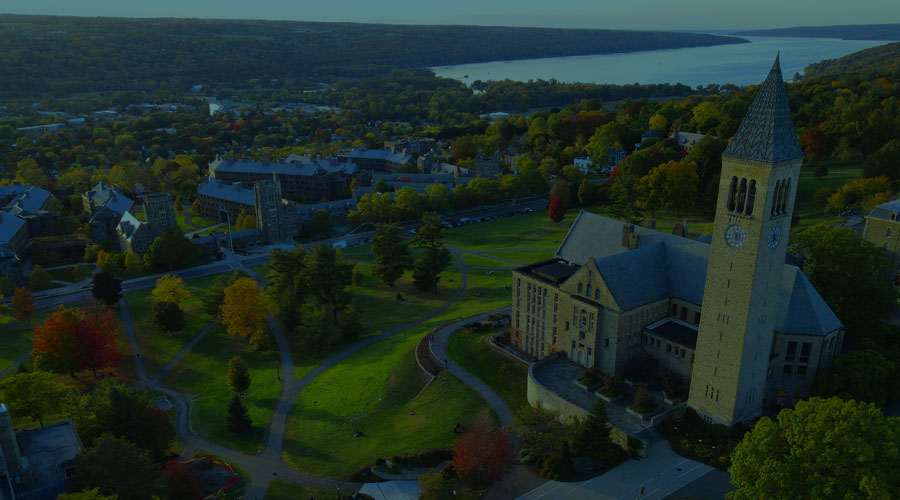When TIME Magazine released its list for 2020’s 100 “Most Influential People,” student-run media organization, The Cornell Sun, was swift to recognize that it contained three Cornell University alumni: a scientist, an entrepreneur and a politician. The three “Cornellians” were Anthony Fauci, Tsai Ing-wen of Taiwan and Robert F. Smith, respectively
The Sun’s post attracted the attention of a group of researchers at The Conversation, a nonprofit that gathers data on higher education and gifted students. They looked at the TIME100 list from its origin in 1999 to its latest iteration to find out if the list overrepresented graduates of elite schools, like Cornell. The simple answer was, yes. In fact, graduates of top schools often represented up to 50 percent of the list. In 2020, Smith’s year, 29% of honorees attended elite schools.
Their research was intended to begin a dialogue about equity, specifically that economically disadvantaged students are less likely to apply or to attend top schools even if they are high achievers. The Conversation researchers wrote that this raised the question of “whether or not disadvantaged but talented kids are being given sufficient opportunity to shape the society in which they live.”
Founder Ezra Cornell’s Dream of Equal Opportunity
However, although it was a Cornell Sun article that prompted the study, researchers didn’t mention that equity is one of the founding principles of Cornell. Indeed, Cornell and Smith are committed to correcting that trajectory. Further, the majority of Smith’s recent philanthropic outreach is geared toward leveling the playing field in science, technology, engineering and mathematics (STEM), including his creation of the Student Freedom Initiative (SFI) which seeks to eliminate student loan debt for STEM majors at HBCUs.
Smith himself defied the data, being a talented middle class Black student from Denver as an undergraduate applicant. During a Fireside Chat in 2017 with Lance R. Collins, the Joseph Silbert Dean of Engineering at Cornell, Smith stated that upon his first visit to the university, he discovered founder Ezra Cornell’s hope of an institution where “any person can find instruction in any study” was alive and well.
“I knew that this was the place for me,” Smith said.
Smith and Cornell Unite on Mission of Inclusion
Smith, who graduated as a chemical engineer, might not have officially participated in the Cornell Entrepreneurship Ecosystem which began just as he was finishing his degree, but almost two decades later he was named Entrepreneur of the Year in 2017. His legacy at Cornell now includes the renamed Robert Frederick Smith School of Chemical and Biomolecular Engineering. Smith, who believes technology is the key to economic success in the coming decades, gave a gift of $20 million to Cornell University’s College of Engineering to match a grant from the Fund II Foundation.
To ensure diversity in the next generation of STEM students, Smith provided a further gift to Cornell of $10 million in scholarships earmarked for African American and female students.
Dig into the Cornell Entrepreneurship Ecosystem, which includes a road map for engineering students and a mission statement that emphasises diversity, equity and inclusion.






